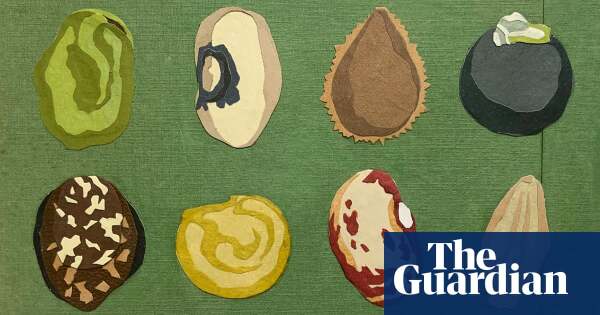The privatisation of nature
So, if a plant breeder like Morton develops his own variety of lettuce and the lettuce matches any of the traits of a patented variety – whether it be color, the curliness of the leaf or a trait that makes it conducive to a particular climate – the breeder is technically in violation of patent law and risks getting sued by the patent owner. There are utility patents for “Brilliant White Cauliflower”, “Pleasant Tasting Melons”, “Red Lettuce” and “Heat Tolerant Broccoli”. Some patents are so extensive in what they cover that they are nearly 50 pages long.“They are essentially just doing obsessive-compulsive descriptions of plants and laying claims to those traits, so if anyone else has those traits, they are in violation,” Morton said.
The US patent system was designed to encourage competition and promote innovation. However, the patent system has opened the door for large corporations to patent thousands of plant varieties and traits, locking up g
... show moreThe privatisation of nature
So, if a plant breeder like Morton develops his own variety of lettuce and the lettuce matches any of the traits of a patented variety – whether it be color, the curliness of the leaf or a trait that makes it conducive to a particular climate – the breeder is technically in violation of patent law and risks getting sued by the patent owner. There are utility patents for “Brilliant White Cauliflower”, “Pleasant Tasting Melons”, “Red Lettuce” and “Heat Tolerant Broccoli”. Some patents are so extensive in what they cover that they are nearly 50 pages long.“They are essentially just doing obsessive-compulsive descriptions of plants and laying claims to those traits, so if anyone else has those traits, they are in violation,” Morton said.
The US patent system was designed to encourage competition and promote innovation. However, the patent system has opened the door for large corporations to patent thousands of plant varieties and traits, locking up genetic resources seed savers have relied on for generations.
Today, just four companies – Bayer, DowDupont/Corteva, ChemChina-Syngenta and BASF – control over 60% of the seed market worldwide.
https://www.theguardian.com/environment/2024/jan/25/plant-patents-large-companies-intellectual-property-small-breeders
#capitalism #agribusiness #food

